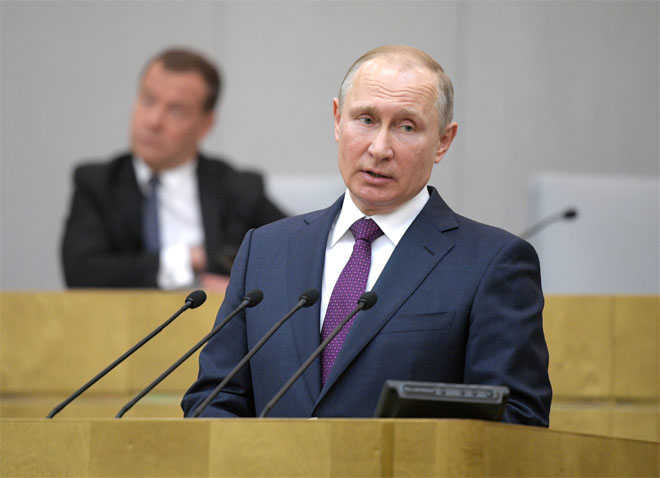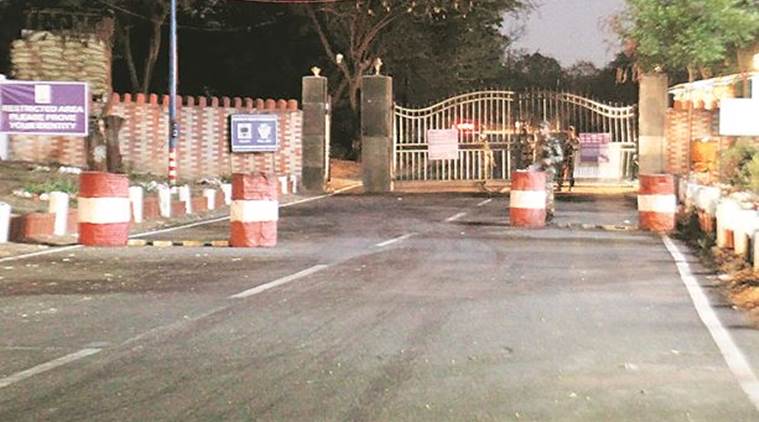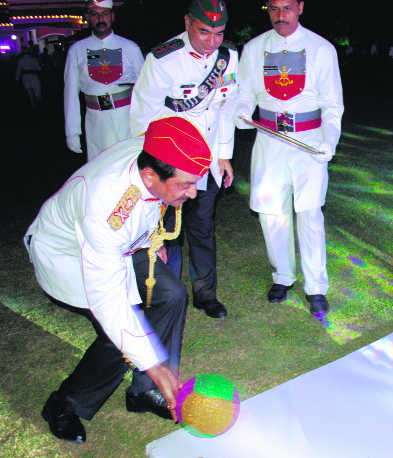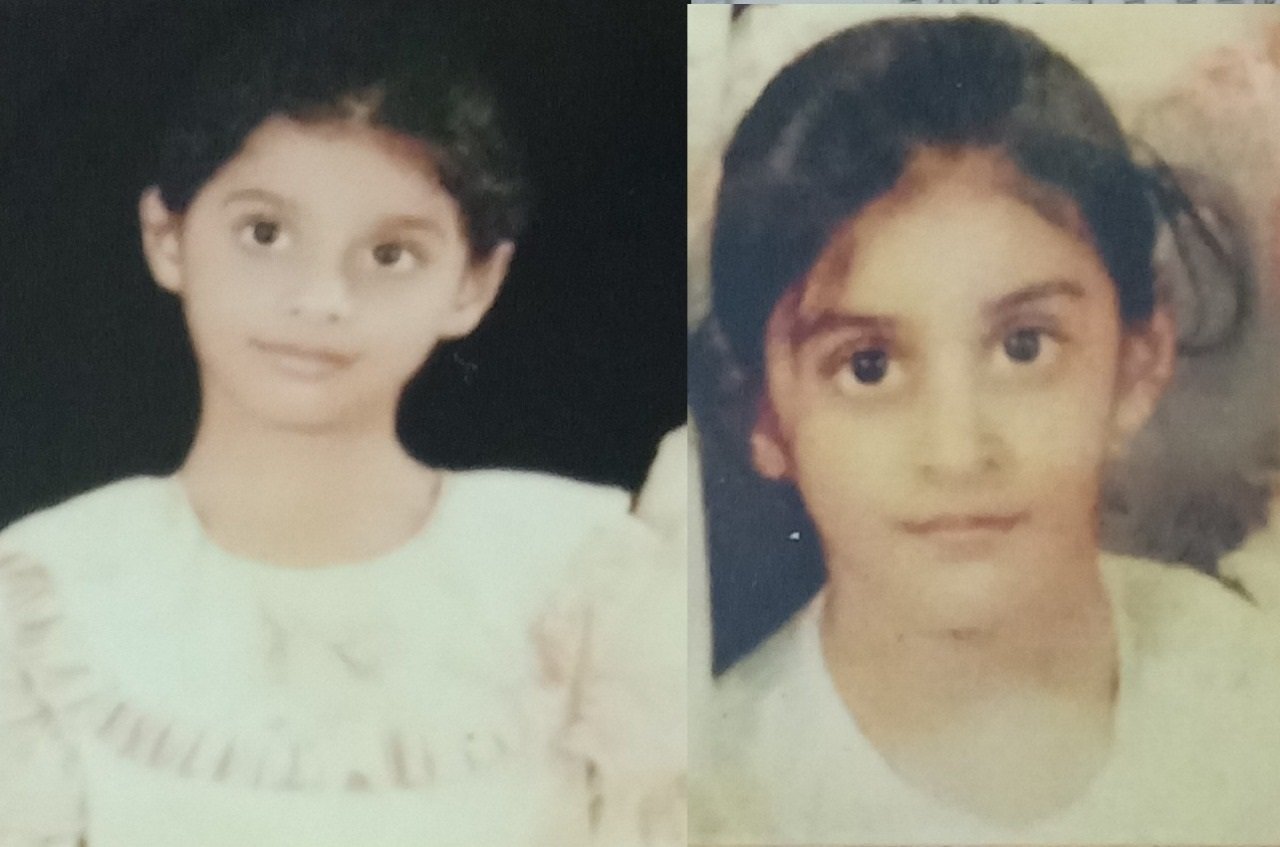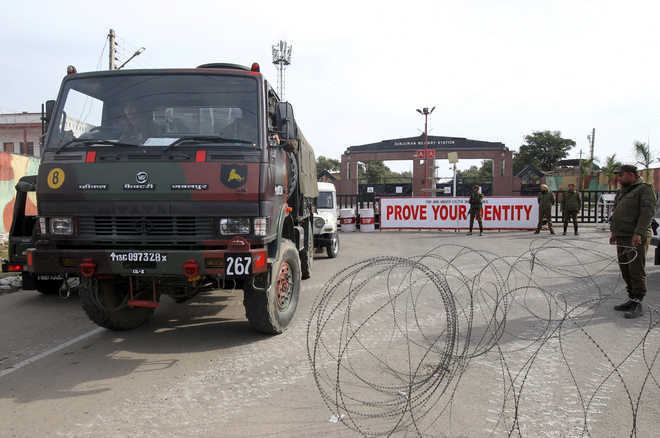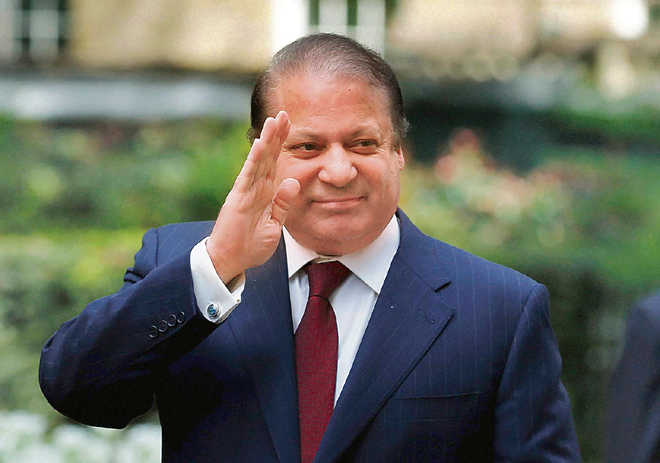New Delhi, May 8
Senior commanders of the Indian Navy began a four-day conclave here on Tuesday to discuss combat efficiency and military preparedness of the blue water force amid worries about an assertive China encircling India with its military and strategic assets in the Indian Ocean region and its neighbourhood.
The first edition of this year’s bi-annual Naval Commanders’ Conference is being held to review the Navy’s new “mission-based deployments philosophy that is aimed at ensuring peace and stability in the region”, a Navy spokesperson said.
“The Indian Navy’s focus over the past year has been on combat efficiency and materiel readiness and upkeep of its large fleet of 131 ships and submarines.” The spokesperson didn’t speak about China creating military and strategic assets in India’s close neighbourhood like in Bangladesh, Myanmar, the Maldives and Sri Lanka who have all signed up to Beijing’s ambitious Belt and Road Initiative (BRI).
But the looming presence of Chinese warships on the high seas in the Indian Ocean has left India a lot worried, scurrying for strategic bases overseas—like the one New Delhi is now set to establish in the archipelago of Seychelles with which it signed a pact to build naval infrastructure in February this year.
Defence Minister Nirmala Sitharaman, who inaugurated the May 8-11 conference, said the Indian “Navy will be a force to reckon with in the Indo-Pacific” region.
She parried a question on Chinese ubiquitous presence in the region including a deep-sea port at Gwadar in Pakistan and the establishment of a naval base in Djibouti in the Horn of Africa.
Asked about India’s border and maritime competitiveness with China, the Defence Minister said “there is no tension between” the two neighbours.
Probed further and asked what had militarily changed between India and China following official visits to China by Prime Minister Narendra Modi, External Affairs Minister Sushma Swaraj and by herself, Sitharaman said: “We are talking and meeting each other. That is a big change.” She said she had “a very pointed discussion on the issues raised by the (Navy) commanders” who were open-minded about the issues concerning the Navy and in highlighting India’s maritime strength.
The conclave would also review the measures to ensure safety, continued training and checks and balances on crew proficiency on-board the Navy’s frontline warships.
The spokesperson said the Navy had been at the forefront in the absorption and exploitation of cutting-edge technology.
As such, the “Naval commanders will deliberate upon steps to improve the teeth-to-tail ratio and explore niche fields such as Artificial Intelligence and Big Data Analytics” during the conference, he said.
The Navy’s initiatives to enhance indigenous defence industrial capability extending up to the micro small and medium enterprises are also likely to be covered during the conclave.
Currently, 27 ships and submarines are under construction in Indian shipyards. These include the first indigenous aircraft carrier Vikrant.
The Navy has already promulgated the ‘Indian Naval Indigenisation Plan 2015-30’, laying down its 15-year plan. IANS












